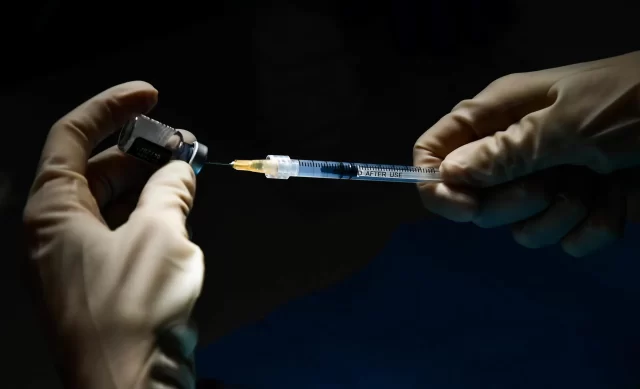
Right before the summer holidays, the influential weekly Politico published an article on the European Union’s management, where both the position of the European Commission as well as that of the European Parliament vis-a-vis the Covid crisis are put in question.
In March 2022, the European Parliament had launched its special committee on the Covid-19 pandemic. This was regarded as an opportunity for MEPs to show leadership in asking the Commission for accountability – or as a response to a threat, since as early as 21 April 2020, Emily O’Reilly, European Ombudswoman, had publicly required high standards of good administration in order to give citizens as much reassurance as possible about the measures taken at EU level. Would both the European Commission and the European Parliament behave to the level demanded by the Irish official?
With regards to the European Commission, President Ursula von der Leyen exchanged dubious mobile text messages with the CEO of Pfizer in preparation to the signature of the agreement providing for vaccines. Why have those messages never been provided?
As to the European Parliament, an experienced Flemish socialist MEP, Kathleen Van Brempt, accepted the task of chairing the special committee created in the House. Its purpose was hopefully to play a key role in developing more transparency by showing that Commission and Parliament do not go hand-in-hand at hiding facts from Member State nationals.
However, secrecy and malpractice have continued to be exerted until very recently. Pfizer finally promised to grant some MEPs access to the amended agreement between the company and the European Commission on 26 and 30 May, but oddly enough they would neither be allowed to take notes nor to make public statements afterwards.
Furthermore, confusion ensued as some other MEPs in the committee had not even been made aware of the meeting. The secret arrangements between the European Commission and Pfizer were evident when it was the head of the European Health Emergency Preparedness and Response Authority (HERA), and not a Pfizer representative, that briefed the attending MEPs.
In line with common practice in other parliamentary assemblies, both the President of the European Commission, Ursula von der Leyen, as well as the CEO of Pfizer, Albert Bourla, had been summoned to appear before MEPs. Mr. Bourla has refused to come, while Mrs. Von der Leyen only wished to do so in private. One can hardly see how this could be called an exercise of transparency on behalf of the highest Union official. Those that recall the historical episode of the Watergate cover-up in the early 1970s might as well smile.
Worse still, not even during the May meetings were the attending MEPs shown the contracts. A mere verbal breefind is all they got. The term “corruption” was in the air, pointing directly at Mrs. Von der Leyen.
Politico has accused the EPP political group of downplaying the issue. This is very much in line with the ECR position on the matter, though similar criticism could be extended to some other groups. ECR MEPs Cristian Terheş, Robert Roos, Emmanouil Fragkos and Margarita de la Pisa Carrión proposed to amend the committee report in order to explicitly stress that stress about the European Commission having focused all efforts and funding on a non-transparent procurement of COVID-19 vaccines.
The final report, supported by both the EPP, Renew and Socialist groups, waters down criticism against the European Commission. There is a regret regarding lack of transparency, but this is partly justified by “respect for the right to confidentiality”.
On 12 July, MEP Mr. Terheş called the European Commission abuses and Parliament’s tolerance a “premise for such abuses to be employed again by the governments against the people in the future”.
Source of the image: Politico.



 Subscribe
Subscribe